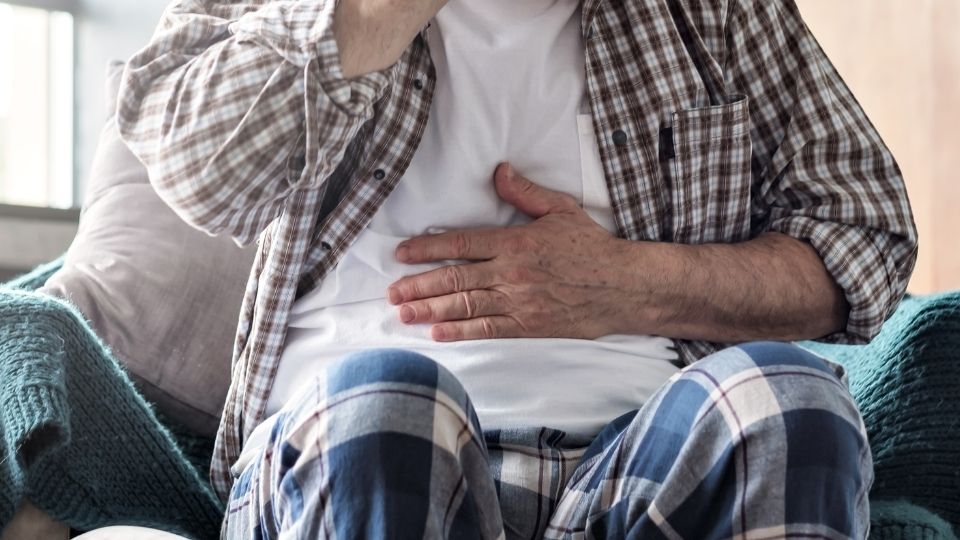Bariatric surgery is all about making major changes in your life: eating better, moving more, and dropping pounds. If you choose gastric bypass, these changes come about due in part to the digestive changes the surgery causes.
After gastric bypass surgery in Lubbock, what changes should you expect? And how will they impact your life? Let’s take a look.
The Surgery Directly and Permanently Alters the Digestive Tract
Every bariatric surgery functions in a different way. To get the benefits of bariatric surgery with gastric bypass, the stomach and intestines are altered.
With gastric bypass, the doctor creates a pocket at the top of the stomach, sealing off the lower portion so that food can no longer enter it. The pocket stomach is about the size of a small egg and is able to hold about 2 ounces of food or liquids at a time.
This is a radical change from the natural stomach, which can hold about 48 ounces. Given that many people seeking weight loss surgery in West Texas have stretched stomachs, the difference can be even greater.
The other change made to the digestive tract is in the uppermost part of the intestine, called the duodenum. As part of the surgery, this is separated from the middle portion of the intestine, the jejunum. The jejunum is then attached to the new stomach pouch while the duodenum is affixed to the closed-off lower stomach and reattached to the jejunum further down.
This results in quite a few changes to the digestive process. First of all, the smaller stomach cannot hold as much food, which means that everything you consume passes slower through the upper parts of the digestive tract. If you approach eating and drinking incorrectly, you can end up with food backed up into your esophagus and end up vomiting.
Additionally, the rerouting of the intestines changes the way nutrients and calories are absorbed. The body is unable to fully process foods before they move into the part of the intestines that treats them strictly as waste. While this means you will need to eat a carefully balanced diet for the rest of your life and take supplements, it also means your body will not take in all the calories of the foods you eat, facilitating greater weight loss than other surgical procedures.
You will need to be careful about your post-bariatric surgery diet & food choices to avoid irritating the stomach and causing ulcers and distress. However, this will help you achieve the results you are aiming for.
For more information on the post-surgery diet, read: How Many Calories Should You Eat Post-Gastric Bypass?



























